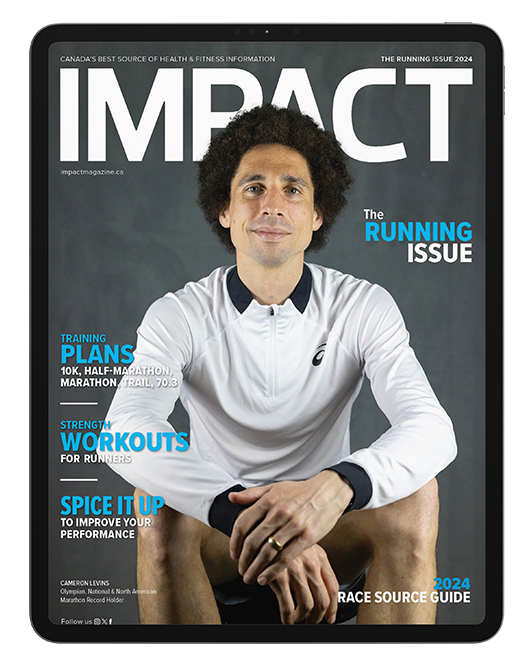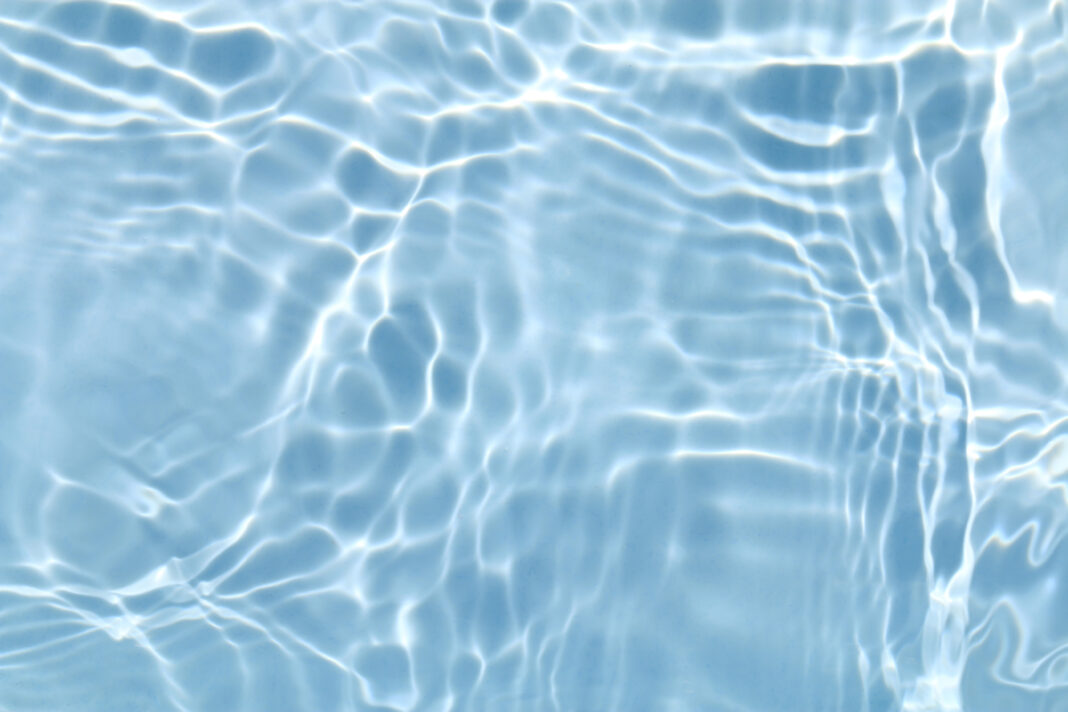With spring in full swing and summer around the corner, runners are gearing up for some hot outdoor training sessions. And, as anyone who’s ever ran on a humid afternoon knows, hydration is key to comfort and performance.
But when it comes to exactly how much runners should drink and when, things are a little less obvious. Heat and humidity aside, there are a number of factors at play such as the duration and intensity of your run, and how much you tend to sweat.
Luckily, it doesn’t need to be complicated. With the help of some expert advice and a few basic guidelines, you can get (and stay) optimally hydrated.
As a runner, and a human being, we know water is good for you. It makes sense since your body is mainly water—60 per cent—and requires it for almost every bodily function.
“Water is crucial for regulating body temperature,” says Jennifer Horawski, MD, and Sports Medicine Fellow at the University of Miami. “Also for keeping joints lubricated, delivering nutrients to cells, and allowing organs to function properly.”
But what you may not know is that dehydration causes your blood volume to decrease, forcing your heart to work harder to circulate blood through your body. Which is why if you’re dehydrated while running you may notice an unusually high heart rate, fatigue, headaches, or even dizziness.
Showing up to your run well hydrated is the best way to avoid dehydration.
Other symptoms may be less severe. “The biggest one we look for in medicine is dry mouth, lips and tongue,” says Horawski. “Even dry skin, feeling thirsty, dark urine, not peeing as often as usual… Those are signs of dehydration that we look for.”
The good news is, with a little strategizing, dehydration is easily preventable.
Brady Holmer, MSc Human Performance and researcher at Examine.com, says the best place to start is by making hydration a part of your daily routine. “In general, people should aim to drink half a fluid ounce of water per pound of body weight throughout the day,” he says, meaning that a 150-pound person should consume around two litres, or nine cups, of water daily.
But keep in mind, hydration isn’t restricted to H2O alone. Most beverages—including coffee, tea, fruit juice and smoothies—count towards your total water intake, as do foods. In fact, food can count for up to 20 per cent of the average person’s water consumption.
“A lot of the foods we eat are mostly water,” says Holmer. “So if you’re eating a lot of whole foods like fruits, vegetables, and not a ton of processed foods, you’re getting a lot of hydration.”
Other factors affect your water requirements, too, especially sweat rate. “People should definitely think about whether they’re a heavy sweater or a light sweater and use that to help inform their recommendations on how much they should drink.”
Your Hydration Strategy
While every run (and runner) will be different, here are the basic guidelines our experts recommend for before, during, and after a run
Before – Sip two to three cups of water two to four hours prior to exercise. “Showing up to your run well hydrated is the best way to avoid dehydration,” says Holmer. If you run first thing in the morning, have a cup of water before heading out (too much can cause belly bloat and pee breaks) and make sure to replenish afterwards.
During – For shorter, less intense runs, you may not require fluid at all. But for anything over 60 minutes, taking in water is important. “A good rule of thumb is to drink three to seven ounces for every 15 minutes of exercise,” says Holmer. “If you’re a smaller person or a less-heavy sweater, you might fall on the lower end of that. If you’re a heavier person or a heavy sweater, you might go to the upper end of that range.”
Recovery – “Another rule of thumb is to replace what you’ve lost during exercise by 1.25 – 1.5,” says Holmer. Meaning, if you lost half of a kilogram of body weight while running, you would drink about 0.75 litres – one litre of water post-workout. (Just weigh yourself without clothes before and after your run.)
Secondly, you’ll want to add some electrolytes—namely sodium and potassium—to replenish what you sweat out. Striking the proper balance of these two aids in hydration, but also in nerve and muscle function, blood pressure, and tissue repair. Holmer recommends a ratio of two or three to one sodium to potassium, or approximately 200 – 500 mg sodium to 100 – 200 mg potassium for a large, or one-litre water bottle.
Lastly, after a long, hot run, carbohydrates are your friend. “Carbs actually help with hydration because glucose and sodium work together to pull the water into cells where it’s needed. About 10 -15 grams is all you need,” says Holmer. But if all the numbers feel too technical, don’t sweat it. (You’ve done enough of that already).
Generally, drinking a water bottle mixed with electrolytes should do the trick, or your favourite sports drink. From there, continue to monitor your thirst, urine color (it should be pale yellow), and of course, how you feel, to determine if you need
more or less fluids.
You may also like: Boost Performance with Three Nutrients

Read This Story in Our 2024 Running Issue
Featuring Canadian Olympic, National & North American Marathon Record holder Cameron Levins. Run your way around the world with some cool, quirky and unconventional races. Train for 10 km right up to a marathon – plus a 25 km trail run and 70.3 program. Strength workouts for runners, spice it up to improve your performance and so much more.
















